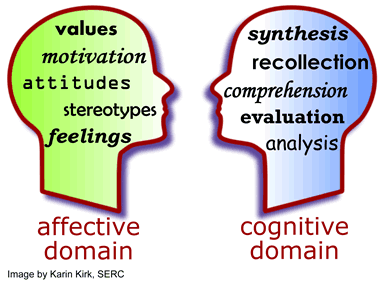In his post It’s never been as easy to be an intellectual Seth Godin asks the following questions and then suggests that we badly need these kinds of people who are willing to do this work:
- Do you click through to see the underlying data?
- Are you aware of both the status quo and the argument against it?
- Have you done the reading?
- Are you comfortable asking, “why?”
- Do you know how it works?
- When someone knows more about something than you do, are you willing to catch up?
- If the data makes it clear that you’ve taken the wrong position, are you eager to change your mind?
- Are you interested in having a spirited conversation about the way things are, the way they were, they way they might become?
- Can you set aside your worldview, at least for a few minutes, to consider an alternative way to look at the situation?
When I first read this post my ego was stroked because I have a tendency to see myself as an intellectual. There is a part of me that likes to engage things on a purely intellectual or rational level and, until recently, I had tried to limit the emotional side of perspectives because I foolishly believed that emotions or the heart just got in the way. Personal experience and too many life lessons have taught me that the head won’t go where the heart hasn’t been regardless of how rational the argument. Life has also taught me that we are complex beings and rather then try and ignore our hearts we really need to engage them along with our intellects if we really want to learn.
I think Godin is on the right track with his post, but I think he is missing the bigger picture. I suggest that we factor in the heart, or the affective domain, as Bloom recommends, then we can argue that it’s never been as easy to be a learner. The heart must also be engaged if we are to truly make meaningful connections and learn.
References
Bloom, B. S. (1974). Taxonomy of educational objectives: The classification of educational goals. Handbook 1-2. Longmans: McKay.
Godin, S. (2015, November 22). Did you do the reading? Retrieved from http://sethgodin.typepad.com/seths_blog/2015/11/did-you-do-the-reading.html
Godin, S. (2016, July 8). It’s never been as easy to be an intellectual. Retrieved from http://sethgodin.typepad.com/seths_blog/2016/07/its-never-been-as-easy-to-be-an-intellectual.html
Harapnuik, D. K. (2015, January 9). The head won’t go where the heart hasn’t been. Retrieved from https://www.harapnuik.org/?p=5461

































